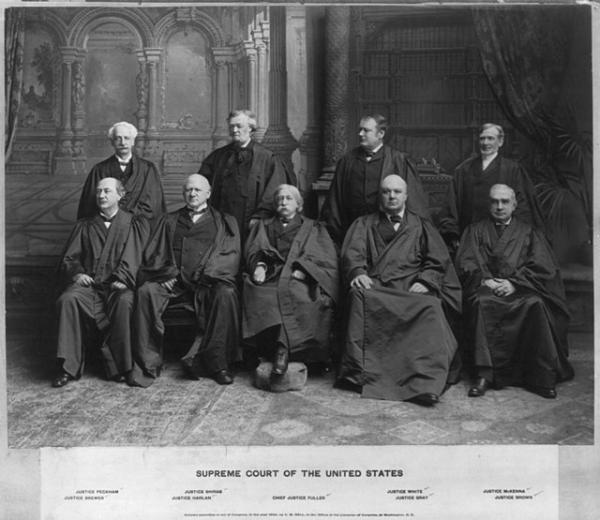From time to time, people decide that their own Life, Liberty, and the Pursuit of Happiness (to coin a phrase) are more important than the safety of their fellow citizens. But states have laws mandating that they protect public health, sometimes at the expense of individual freedom.
That conflict played out recently when a Washington State woman defied more than a dozen court orders requiring her to be treated for her tuberculosis, a highly infectious, potentially fatal bacterial disease that can affect many organs. She was finally taken into custody on June 1st, three months after a civil warrant was issued for her arrest, and she will be housed in a room specially equipped for isolation and treatment.
The county health authorities said that this was only the third time in 20 years that they had to obtain a court order to detain a person for treatment for tuberculosis, a reportable disease.
Other states, including Florida and Texas, also have statutes that permit involuntary treatment by court order if voluntary treatment is refused.
Similar historical incidents are well known. Perhaps the most notorious was “Typhoid Mary” Mallon, born in Ireland in 1869, emigrated to the U.S. as a teenager, and made her living as a cook. She was an asymptomatic carrier of the bacterium Salmonella typhi, which causes typhoid fever. As a cook, she was responsible for infecting at least hundreds and possibly thousands of New Yorkers. She adamantly refused to give up her profession, and inasmuch as no treatments were then available, she was eventually relegated to isolation on North Brother Island, where she died in 1938. She had sued unsuccessfully several times, demanding to be released.
Another, more enduring example of the government’s ability to curtail an individual’s autonomy in the interest of public health was a 1905 U.S. Supreme Court case, Jacobson v. Massachusetts. A Massachusetts law allowed cities to require residents to be vaccinated against smallpox. The city of Cambridge adopted such an ordinance, but Mr. Jacobson refused to comply with the requirement. He was fined five dollars and took the matter to court, claiming that his right to liberty under the Constitution’s 14th Amendment had been infringed.
The U.S. Supreme Court held that the law was a legitimate exercise of the state's police power to protect the public health and safety of its citizens. The court said that local boards of health had determined when mandatory vaccinations were needed, which made the requirement neither unreasonable nor arbitrarily imposed.
This part of Justice John Harlan’s opinion for the court captures the overarching principle:
The defendant insists that his liberty is invaded when the state subjects him to fine or imprisonment for neglecting or refusing to submit to vaccination; that a compulsory vaccination law is unreasonable, arbitrary, and oppressive, and, therefore, hostile to the inherent right of every freeman to care for his own body and health in such way as to him seems best; and that the execution of such a law against one who objects to vaccination, no matter for what reason, is nothing short of an assault upon his person. But the liberty secured by the Constitution of the United States to every person within its jurisdiction does not import an absolute right in each person to be, at all times and in all circumstances, wholly freed from restraint. There are manifold restraints to which every person is necessarily subject for the common good. On any other basis organized society could not exist with safety to its members.
Echoing Justice Harlan, in a 1949 U.S. Supreme Court case, Terminello v. Chicago, Justice Robert Jackson wrote, “The Constitution is not a suicide pact.”
Without belaboring the issue, the pundits who doubted the legality of mask or vaccine mandates during the COVID-19 pandemic would do well to keep in mind the words of Justice Jackson and, especially those of Justice Harlan: "There are manifold restraints to which every person is necessarily subject for the common good."
An earlier version of this article was published by Inside Sources.




